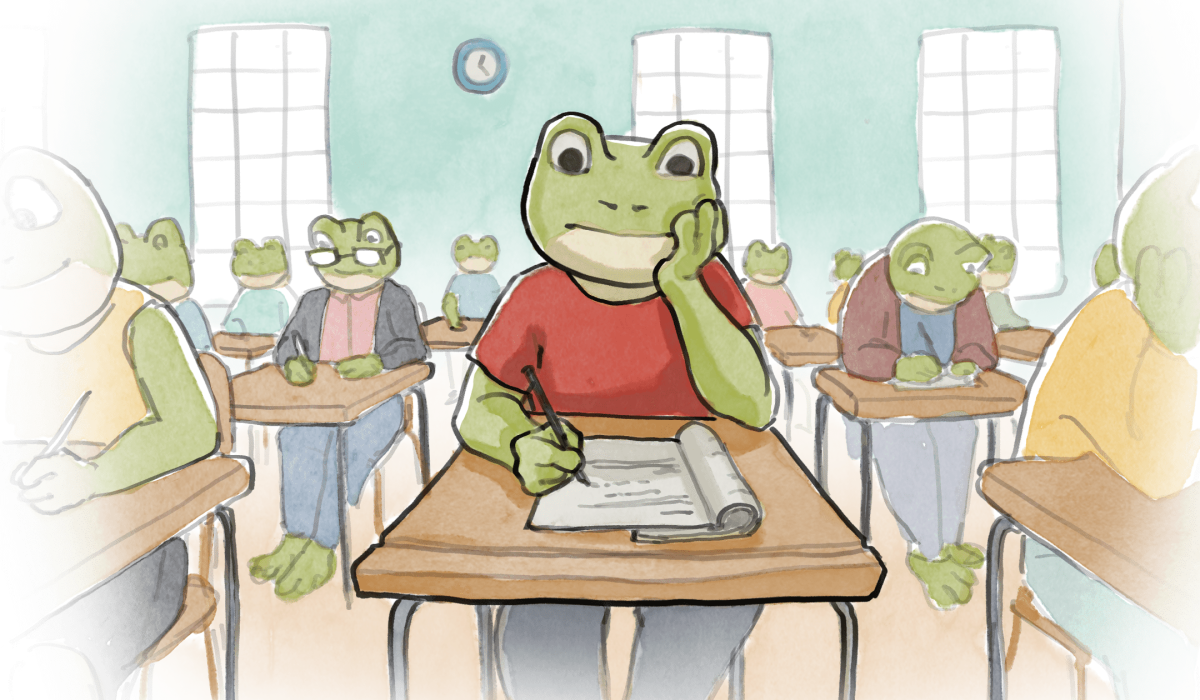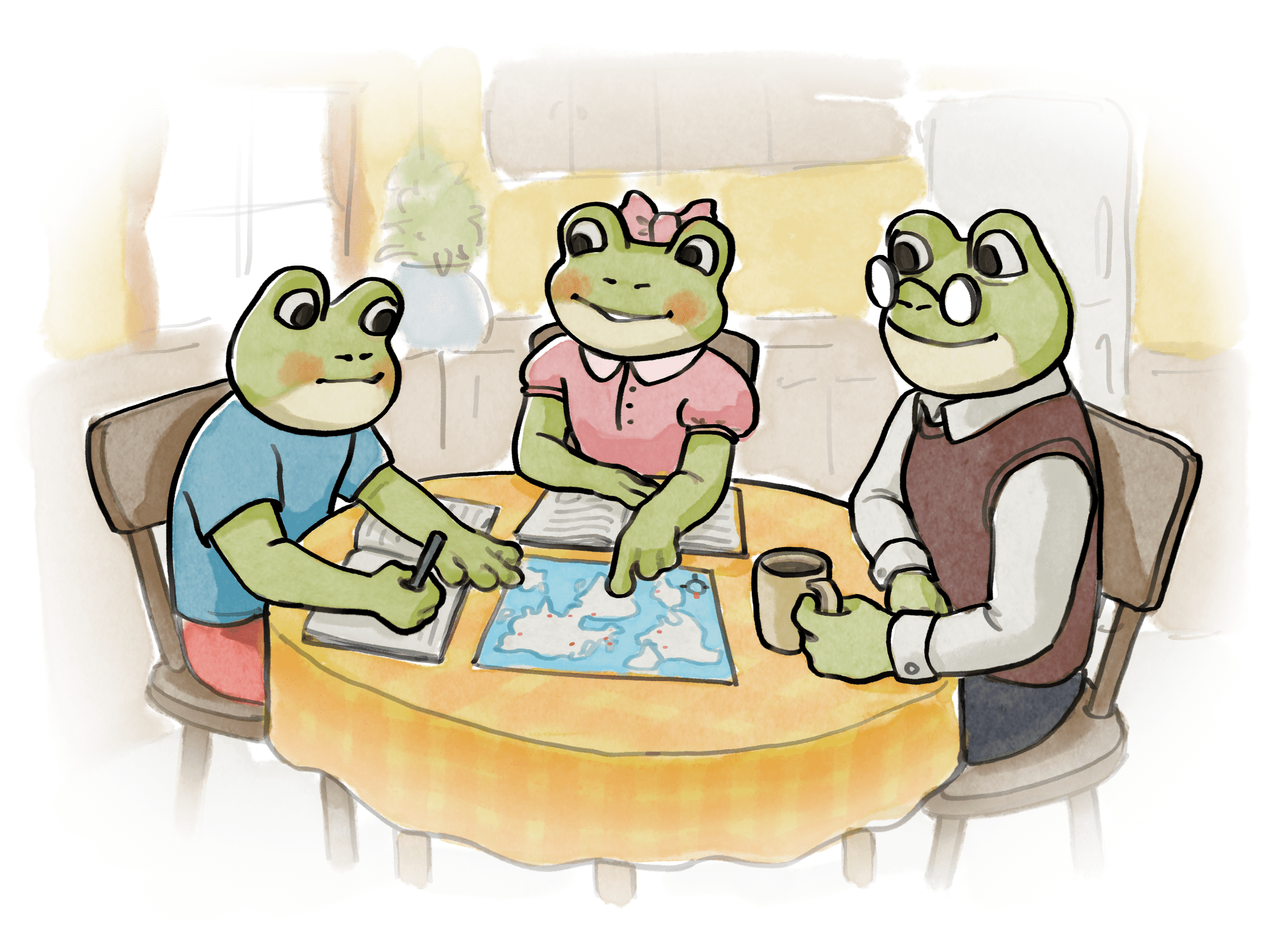In the realm of education, homeschooling emerges as a beacon of flexibility and personalization, breaking the one-size-fits-all mold of traditional schooling. As families increasingly seek educational approaches that cater to their unique circumstances and the specific needs of their children, homeschooling offers a dynamic solution. This method of home education transcends the boundaries of conventional learning, adapting to various durations and styles, including Montessori, Charlotte Mason, Steiner, and Waldorf methodologies.
The Evolving Landscape of Homeschooling
Homeschooling, once viewed as a fringe choice, has steadily grown into a mainstream educational option. Its flexibility allows parents to tailor the duration of home learning to align with their family’s goals and life situations. Whether it’s for a few months, a year, or throughout a child’s academic journey, homeschooling can be adapted to fit different timelines, reflecting its inherent versatility.
Short-Term Homeschooling: A Bridge Between Transitions
For many families, homeschooling serves as a temporary bridge. Some parents opt for home education as an interim solution while transitioning between schools or relocating. During these periods, homeschooling ensures continuity in learning without the pressure of conforming to a new school’s curriculum immediately.
Homeschooling for Specific Needs: Montessori and Beyond
In cases where children require a particular educational approach, such as the Montessori method known for its focus on hands-on learning and independence, homeschooling becomes an invaluable tool. Parents can incorporate Montessori principles into their home learning environment, providing a tailored educational experience that might not be available in local schools.
Long-Term Homeschooling: Embracing Alternative Philosophies
For other families, homeschooling is a long-term commitment aligned with educational philosophies like those of Charlotte Mason, Steiner, or Waldorf. These methods emphasize holistic education, creativity, and moral and spiritual development, aspects that parents might feel are lacking in traditional schooling. By choosing to homeschool for the long haul, families can immerse their children in these rich, alternative educational experiences.
The Role of Homeschooling in Special Situations
Homeschooling also serves as a sanctuary for children recovering from challenging situations, such as bullying or other negative school experiences. In these cases, the nurturing environment of home learning provides a safe space for mental and emotional recovery, offering a personalized pace and approach that can be more therapeutic than the structured environment of a conventional classroom.
Tailoring Education to Individual Learning Styles
The beauty of homeschooling lies in its ability to adapt to the individual learning styles of children. Whether it’s the artistic inclination fostered by Waldorf education or the experiential learning central to the Steiner approach, homeschooling allows parents to choose or even blend methodologies to best suit their child’s needs and interests.
Conclusion: The Infinite Possibilities of Homeschooling
Homeschooling, in its essence, is about choice and adaptability. It’s a journey that can be as varied and unique as the families who embark on it. From the Montessori method to the creative realms of Waldorf and Steiner philosophies, homeschooling is not just about educating children at home; it’s about crafting an educational experience that resonates with the heart and spirit of learning. Whether it’s for a brief period or the entirety of a child’s educational career, homeschooling offers a spectrum of possibilities, each as valuable and enriching as the next.




